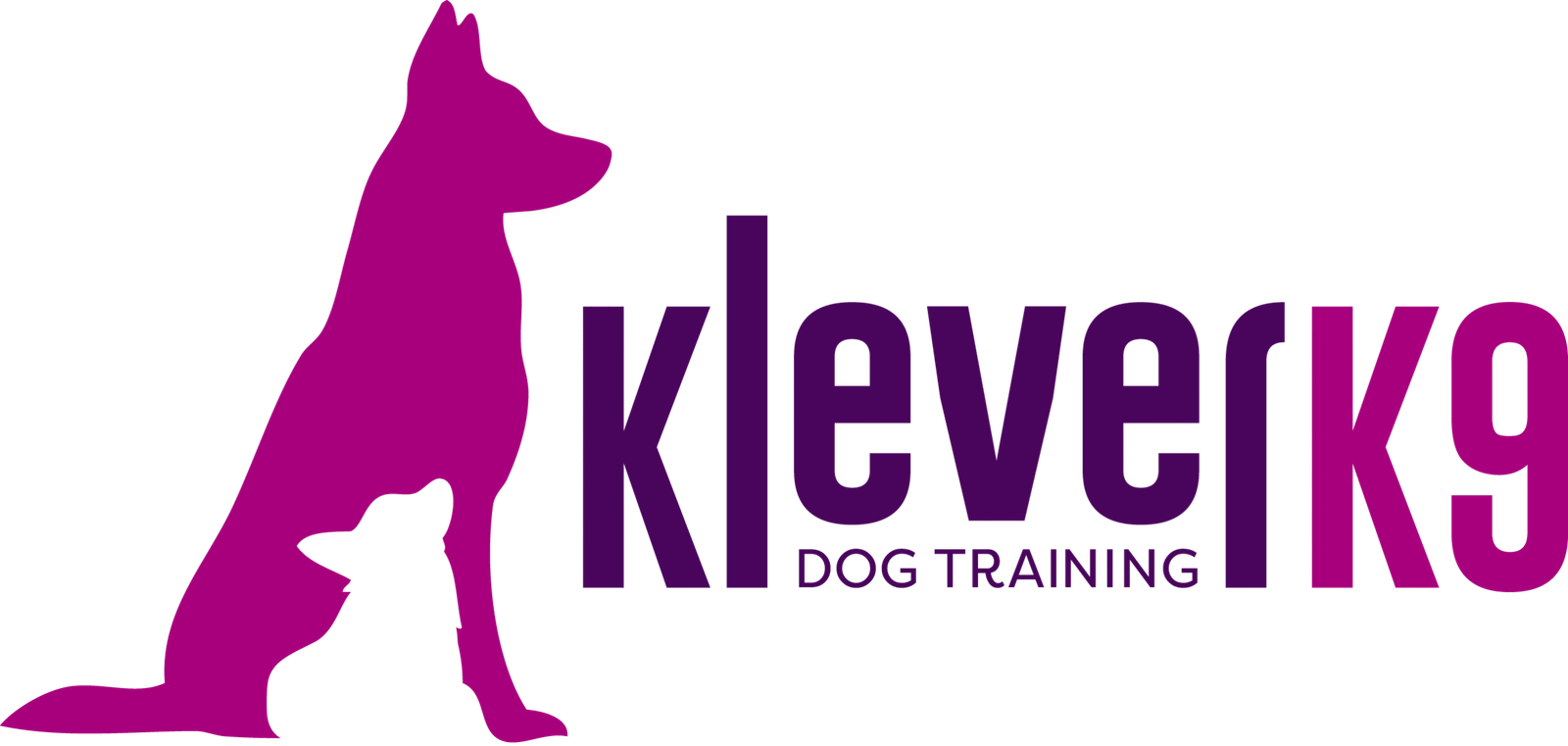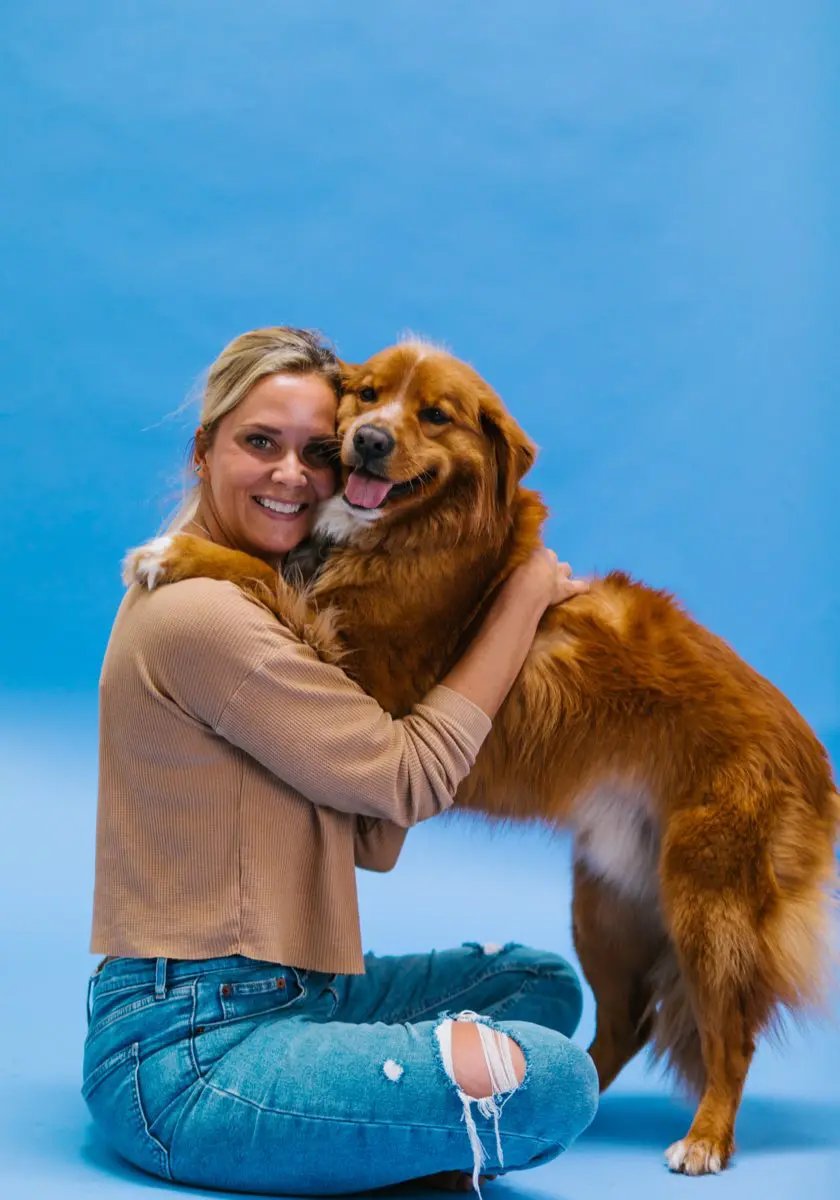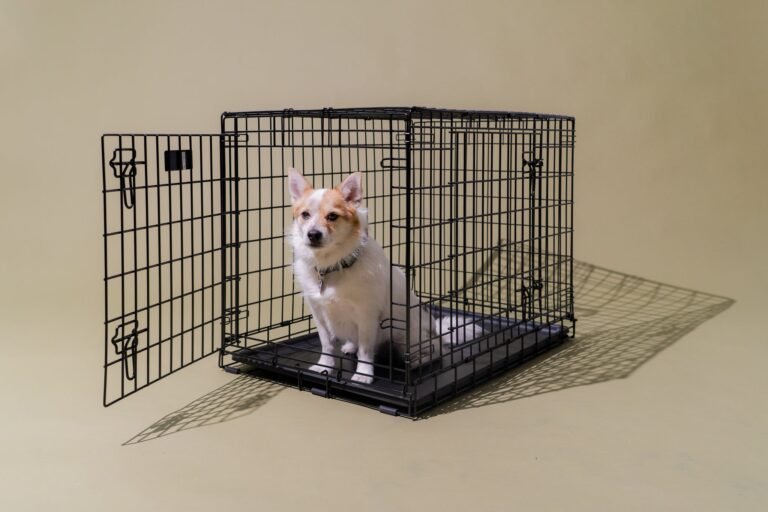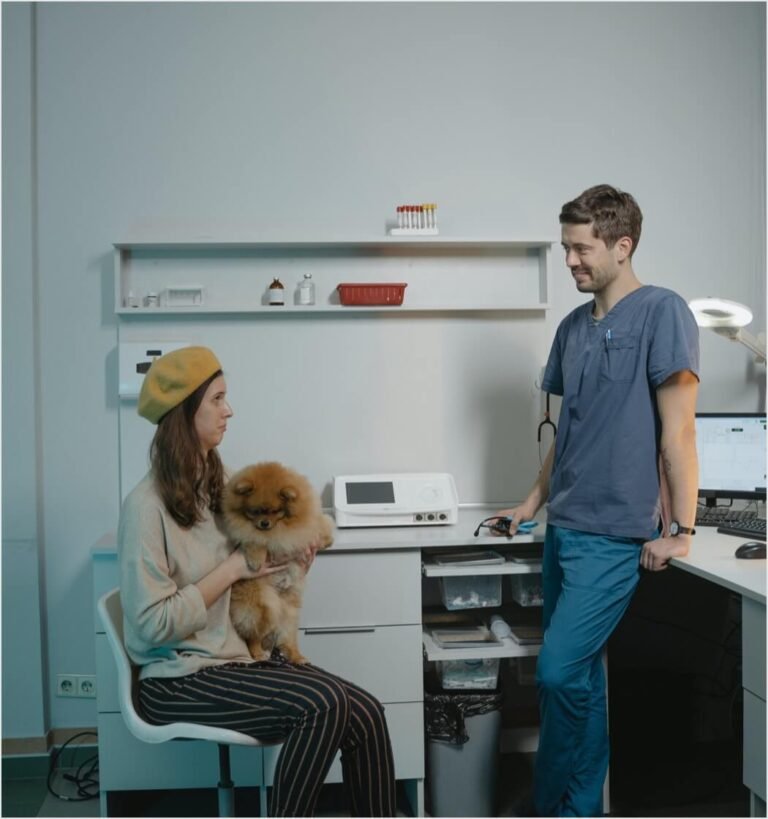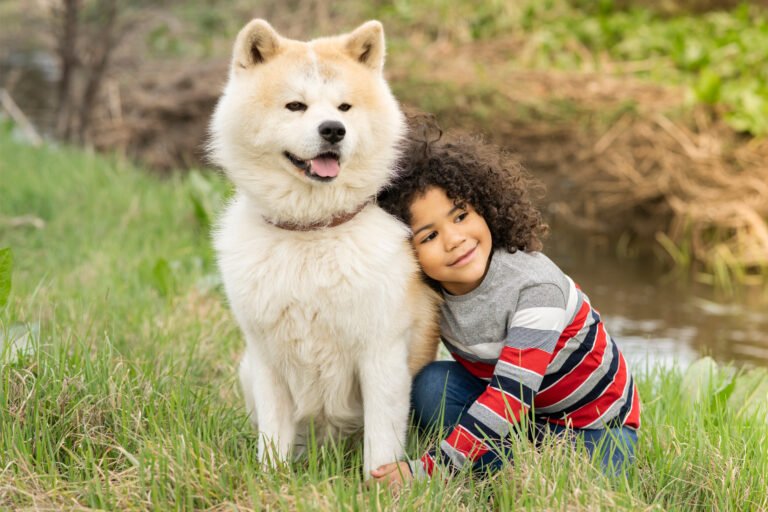Dogs are often called “man’s best friend,” and for good reason. These loyal, loving creatures bring immeasurable joy and companionship into our lives. However, with great canine companionship comes great responsibility. Responsible dog ownership is not only essential for the well-being of your furry friend but also for the safety and happiness of your community. Let’s explore what it means to be a responsible dog owner and how you can ensure your four-legged friend lives a happy, healthy life.
The journey to responsible dog ownership begins with choosing the right dog. Many people are tempted to buy a puppy on a whim, often without considering the breed’s needs or their own lifestyle. Responsible ownership starts with thorough research and consideration for what breed will suit your lifestyle and lots of planning ahead prior to puppy pick-up.
Proper training and socialisation are crucial aspects of responsible dog ownership. Your dog should be well-behaved, obedient, and comfortable in various situations. This not only ensures the safety of your dog and others but also enhances the bond between you and your furry friend. Enrol in puppy school classes during their critical socialisation period (8-16 weeks), and provide consistent training through obedience clubs and private training if necessary. Ensure you expose your dog to different people, animals, and environments from a young age to build their confidence for situations they may face in their lifetime.
Dogs are active creatures that require regular exercise to stay physically and mentally healthy. Responsible dog owners provide their pets with opportunities for physical exercise, but more importantly mental stimulation. Daily walks, playtime, and engaging toys and puzzles can keep your dog’s mind and body active. Both physical and mental requirements need to be met for all dogs, and neglecting these needs can lead to boredom, anxiety, and destructive behaviour.
.
Responsible dog ownership extends to the safety of your pet and those around you. Use a leash when walking your dog in public spaces. Off-leash areas provide dogs with a unique opportunity to exercise, socialise, and explore freely, however, to ensure a safe and enjoyable experience for everyone, there are some essential requirements for dogs in these spaces. First and foremost, dogs should be well-trained and responsive to voice commands, allowing their owners to maintain control even when off-leash. Be aware that not all dogs are friendly, or may be in training, making it extremely important for owners to ask others before their dogs interact. They should also be up-to-date on vaccinations and have proper identification, such as tags or a microchip. Additionally, owners should be vigilant in cleaning up after their dogs and ensuring they do not disturb wildlife or other park-goers. Responsible behaviour and respect for the environment and fellow visitors are key to making off-leash areas a positive experience for all.
If your dog has aggressive tendencies or fear issues, consult a professional trainer or behaviourist to address these concerns.
Lastly, but perhaps the most vital aspect of responsible dog ownership is the emotional connection you share with your pet. Dogs are social animals that thrive on love, attention, and companionship. Spend quality time with your dog, offer affection, and build a strong bond based on trust and respect. Your dog’s happiness largely depends on the love and care you provide.
Being a responsible dog owner is a lifelong commitment that involves love, patience, and dedication. By adopting, training, feeding, and caring for your dog responsibly, you not only ensure their well-being but also contribute to a safer and happier community. Remember, a happy dog is a reflection of a responsible owner, and together, you can create countless cherished memories and share many joyful moments. So, embrace your role as a responsible dog owner and savour the rewarding journey of companionship with your furry friend.

